SRF 2017 4TH Quarter Newsletter
SRF 2017 4Q Newsletter.compressed
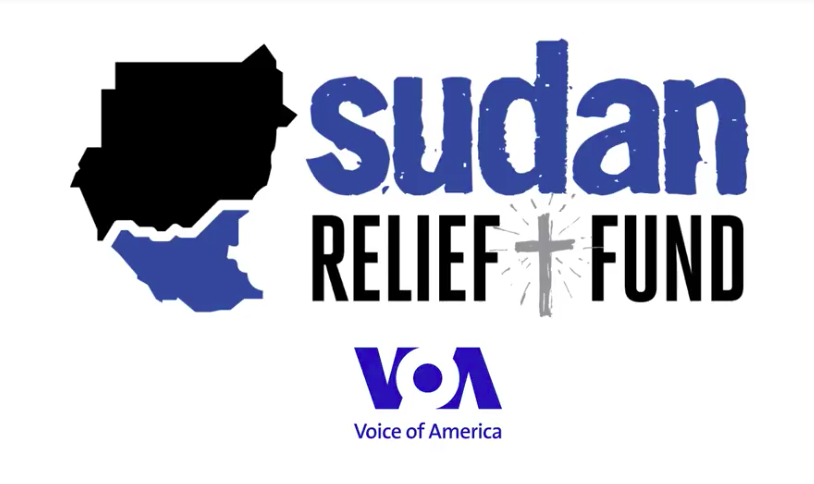
In an interview with VOA’s South Sudan in Focus, Neil Corkery, President of The Sudan Relief Fund, discusses why South Sudanese refugees will not leave the camps and return to their homeland, regardless of the latest signing of the peace deal agreement by South Sudan’s warring parties. Plus, Neil explains what needs to happen for long-term stability in the country and why he remains hopeful.
Listen to the full interview here:

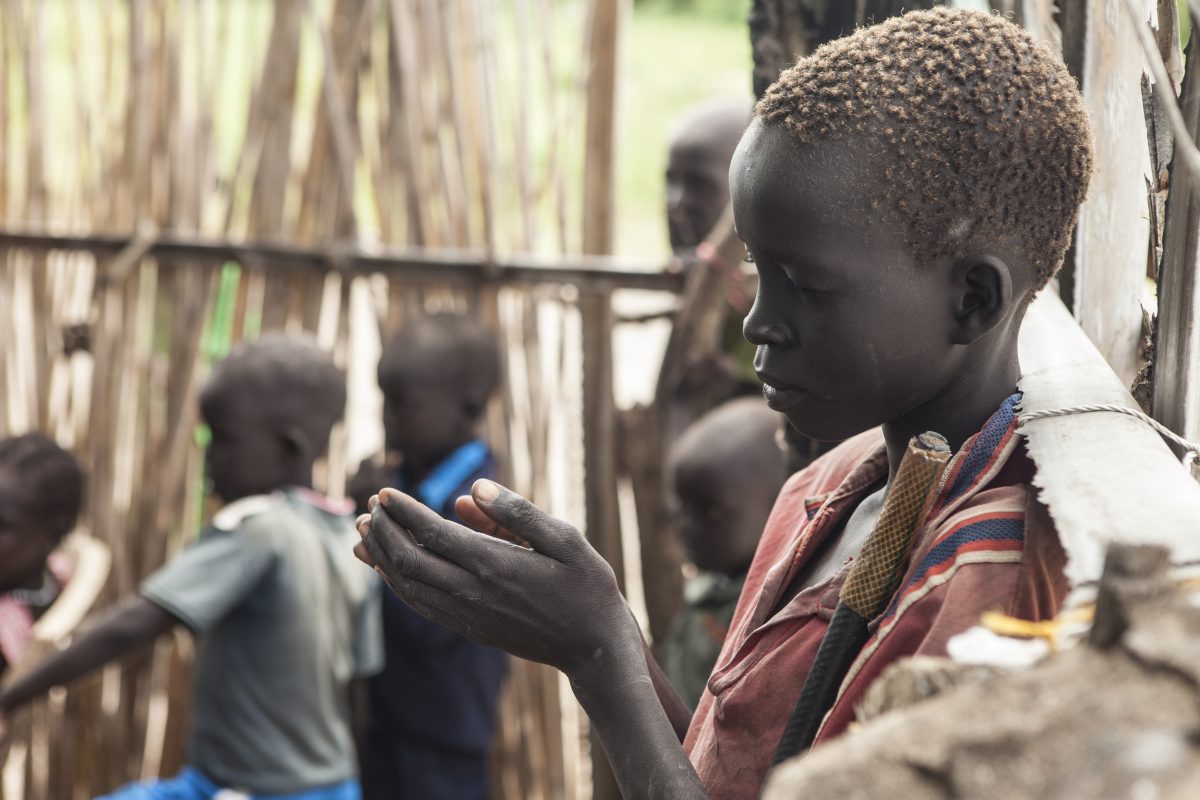
Stained with mud, the 8-year-old traces her fingers over the infected wound on her elbow. “It’s hard work digging and the shovel is heavy. I just want to be in school,” Losika Losepio said.
Standing in a gold mine outside the South Sudan town of Kapoeta, the girl says she digs pits and sifts through soil daily so that her family can sell gold to buy food. Sometimes she works so late that she sleeps in the mines overnight, she said.
Mineral-rich yet exceptionally poor, Kapoeta state has been plagued by severe hunger during the conflict. Losepio’s father can’t afford to educate all nine of his kids so he sends four to school and keeps the others back to work in the mines. The youngest is 5 years old.
South Sudan’s five-year civil war has devastated the economy, fueling child labor in some of the country’s most impoverished regions.
More than 600 children, mostly between 8 and 12, are estimated to be working in a range of industries in Kapoeta including mining, retail and hospitality, according to the government, which has called the situation “urgent” and compounded by general ignorance and neglect in the community.
In times of conflict and crisis, education is critical. The Sudan Relief Fund is committed to getting children out of the workforce and into the classrooms. We ask that you please donate to our life changing education programs and give these traumatized children an opportunity to receive the necessary tools and skills that will help them flourish and return to normal lives.
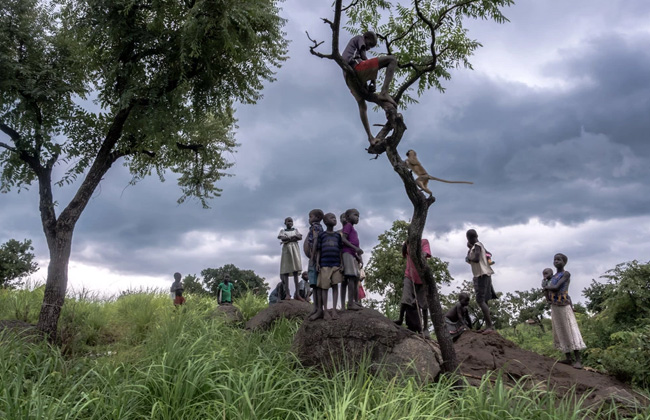
On a pale dirt road in the Palorinya refugee camp in northern Uganda, Raida Ijo clung to her 16-year-old son, Charles Abu. They sobbed quietly into each other’s shoulder. They had been separated for 19 months, since the day that fighting broke out between rebels and government troops in their village in South Sudan.
Charles was halfway through a math class in their village, Andasire, in South Sudan’s Central Equatoria state, when the shooting started. He ran for the bush, and after a sleepless night in hiding, set off for the Ugandan border with his younger brother, Seme, 14.
Their mother, Mrs. Ijo, feeling unwell, had checked herself into a hospital that morning. The boys knew that to try to find her would be too dangerous.
The two brothers are among 17,600 minors who have crossed the border into Uganda without their parents since the outbreak of South Sudan’s civil war in 2013, according to the United Nations refugee agency. Over the last year, the pace of the conflict and the flow of refugees have slowed, but aid workers say it will take years to reunite splintered families.
“When it’s already tough just to survive, and you don’t even know if your loved ones are alive, that adds a lot to the burden,” said Joane Holliger, a delegate of the International Committee of the Red Cross to a program in Uganda, Restoring Family Links. “There are a lot of protection concerns for unaccompanied children — child labor, teenage pregnancy, prostitution, child-headed families — so the quicker we can trace their parents, the better.”
Over the last two years, 433 unaccompanied minors have been reunited with their parents in Uganda. Worldwide, the International Committee of the Red Cross has opened 99,342 cases as it tries to reunite families.
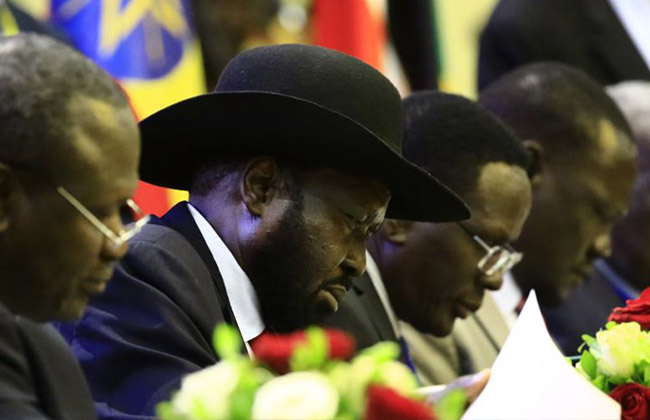
South Sudanese leaders have once again agreed to end the country’s five-year civil war and work towards peace.
The deal, signed by President Salva Kiir and rebel leader Riek Macahr, agreed to end hostilities and to work together in a transitional government scheduled to last for three years. As part of the deal, Machar will return as vice president.
The document signed by the leaders says the president will collaborate, but will have duties and powers in accordance with a 2015 peace deal. The agreement allows the president to consult with people like Machar, but final decisions rest with Kiir.

Thanks to the prayerful support of our donors, we are pleased to announce that the cost of an ultrasound machine has been covered for Dr. Zacharia at El Gigaiba Hospital.
During a recent trip to the Nuba Mountains, David Dettoni, Operations Director of the SRF, alongside Dr. PJ, U.S. missionary and SRF partner, presented Dr. Zacharia with the lifesaving medical equipment.
“I want to thank the SRF for the continuous support to the Nuba people, especially for me here at the El Gigaiba Hospital,” says Dr. Zacharia. “We have saved a lot of lives through your support and donations.”
Similar to an x-ray machine, ultrasound imaging is used to see inside the patient’s body and will allow Dr. Zacharia to better diagnose medical conditions affecting the organs, vessels, and soft tissues without needing to make an incision and before risky surgery. The ultrasound machine will directly benefit critically ill patients who would not normally have access to high-tech medical care. El Gigaiba Hospital is located in a very remote area and medical supplies are extremely limited. Dr. Zacharia often has to diagnose and treat patients with little to no equipment.
“It is very important for us, especially under intensive care and surgeries, to have a good diagnostic tool,” says Dr. Zacharia.
The ultrasound machine will immediately help Dr. Zacharia and his staff to greatly improve the quality of healthcare offered at the hospital, which will directly impact countless lives.
And it couldn’t have happened without your generosity.
Thank you for helping to sustain our life-changing initiatives in the Nuba Mountains. To keep our efforts going, we ask that you please send a donation today.
Without you, our work would not be possible.
Thank you and God bless you for your caring heart.
Sincerely,

Neil A. Corkery
President
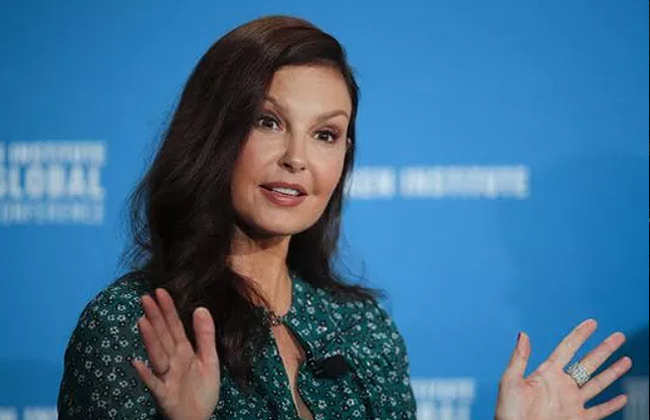
In her first visit to civil war-town South Sudan, actress Ashley Judd had a message for survivors of sexual assault in a country where rape is a widespread weapon.
“I see you, I love you and I’m here for you,” she said in an interview.
Judd was among the first to come forward last year with allegations of sexual harassment against a Hollywood mogul. Eight months since speaking out she has become a prominent face of the #MeToo movement, helping women around the world combat sexual abuse and hold their perpetrators to account.
The #MeToo movement has gained global momentum, however, many women in conflict-affected countries like South Sudan still suffer in silence.
Sixty-five percent of females in South Sudan experience physical or sexual abuse in their lifetime, with violence against women twice the global average, according to a study released last year by the International Rescue Committee and the Global Women’s Institute.
Judd told the head of the U.N. mission to South Sudan that the “impunity of men abusing women and girls must end, whether that be among citizens within South Sudan, within the U.N. system or back home in the USA.”
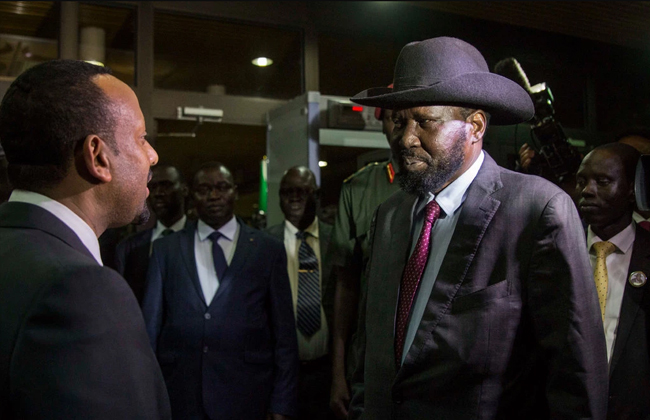
For the first time in almost two years, South Sudan’s warring leaders met face-to-face for peace talks amid efforts to end a brutal civil war.
South Sudan President Salva Kiir and opposition leader Riek Machar met in the Ethiopian capital, Addis Ababa. A statement from Mr. Machar’s opposition spokesman called the initial meeting “cordial” and said that “the two leaders discussed the prospects for peace in broad terms.”
South Sudan’s civil war has persisted for five years. The conflict plunged the world’s youngest nation into a humanitarian crisis, displacing millions and blocking parts of the country from emergency aid.
This year is expected to be the worst yet for food security, with millions potentially facing acute malnutrition. The deteriorating conditions have driven foreign governments and international agencies to press the leaders to return to the negotiating table.
Even if a peace agreement can be reached, there will be a long road to recovery in South Sudan. For now, aid groups are focusing on the immediate needs of civilians, a mission that will face fewer obstacles if the fighting can be stopped.
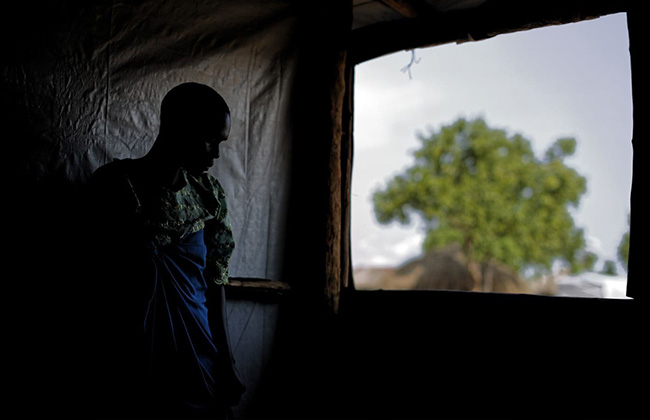
The accounts are horrific. A young girl strangled and gang-raped. Children burned alive as government soldiers blocked the door of their hut and set it aflame.
These are some of the atrocities revealed in 14 reports, seen by The Associated Press, that have not yet been released by the independent body charged with monitoring a failed cease-fire imposed in December in South Sudan, where civil war is now well into its fifth year.
The reports should have been released last month at a meeting led by the Joint Monitoring and Evaluation Commission but South Sudan’s government did not attend, preventing the accounts of abuses from being made public because there was not a quorum.
“The reports contain evidence that soldiers continue to kill, rape and destroy property. The decision to keep these ongoing atrocity crimes secret sends the wrong message,” Jehanne Henry, senior Africa researcher for Human Rights Watch, told the AP. Only five such reports have been released this year.
South Sudan’s government didn’t respond to multiple requests for comment on why it didn’t attend last month’s meeting.
The unpublished reports describe violations by both government and opposition forces but most of the accounts blame government troops for instigating attacks and deliberately targeting civilians.
“Silence on the violations only encourages further violations,” said Edmund Yakani, executive director for the local advocacy group Community Empowerment for Progress Organization.
https://www.washingtonpost.com/world/africa/south-sudans-latest-civil-war-atrocities-kept-out-of-sight/2018/06/06/d3f756bc-6969-11e8-a335-c4503d041eaf_story.html?noredirect=on&utm_term=.c01c6ac2c5b1
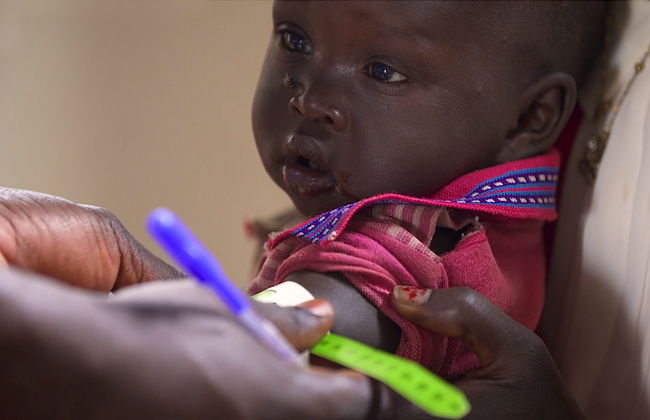
More than four years of civil war in South Sudan has chased millions from their homes, leaving countless farms abandoned. The economy has been obliterated. Fighting has overcome some of the nation’s most productive land. Food prices are ruinously high.
Even during harvest time, when food was most abundant, more than five million people — almost half the population — did not have enough to eat. Now, as food runs out over the next few months, that number is expected to grow considerably, with millions potentially facing acute malnutrition.
On top of that, peace talks have stalled and cease-fires have largely been ignored, which means the fighting has cut off some areas from emergency help. Aid workers have been targeted by government and rebel fighters alike, making food distribution increasingly difficult.
But delivering that aid is another matter entirely. The rainy season hits during these lean months, too, turning many roads into rivers of impassable mud.
Even within the protected camps set up around the country by the United Nations, there is not enough food to go around. Staying in the camps is dangerous enough. Attacks and sexual abuse by camp officers have been widely reported.
Tafisa Nyattie, 30, who has lived in a camp since 2013, has six children. Her food rations regularly run out, so she leaves the camp daily to gather firewood, hoping to earn enough money for milk and soap to wash her children’s clothes.
She walks up to three hours in each direction, braving threats from government forces before returning with a large bundle of wood on her head.
“They will rape you or beat you, and sometimes they kill you,” Mrs. Nyattie said. “Some government soldiers tried to rape me.”
On another day, she said, she was beaten and her leg was badly injured. But when she saw how hungry her children were, she decided she had no choice but to head back out again.
“You just go, and you don’t know if you will come back to your children,” Mrs. Nyattie said.
Will you help us Lift Up South Sudan in prayer?
Learn More about being a Prayer Partner